Question And Answer
Publications
Articles, publications, books, tools and multimedia features from the U.S. Institute of Peace provide the latest news, analysis, research findings, practitioner guides and reports, all related to the conflict zones and issues that are at the center of the Institute’s work to prevent and reduce violent conflict.
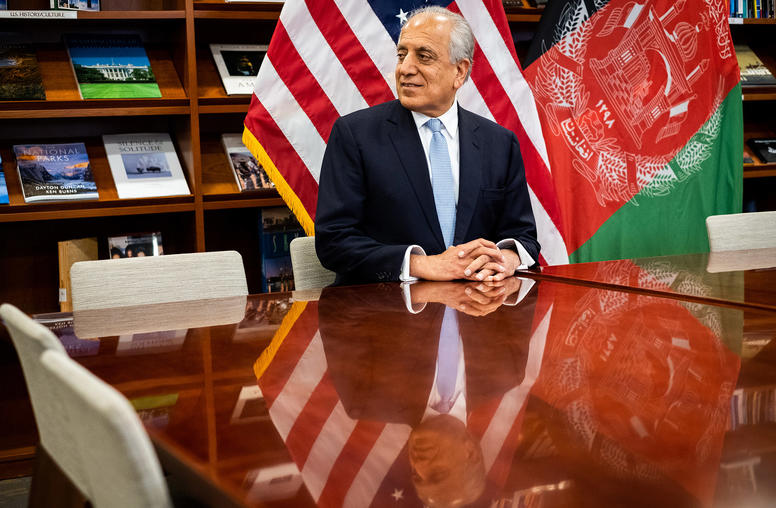
Afghan Talks Are Historic Chance for Peace, Says Top U.S. Negotiator
Afghan peace talks that began in Doha on September 12 are a “historic opportunity” that could bring a close to four decades of conflict in the country and end America’s longest war, said the U.S. special representative for Afghanistan reconciliation on Thursday. The ongoing talks are the “heart of the Afghan peace process,” said Ambassador Zalmay Khalilzad. “It's important to be fully aware of the significance of this moment, and to recognize its historic relevance.” With a note of a cautious optimism, he said there is hope but still a long road ahead, with many thorny issues to be negotiated.
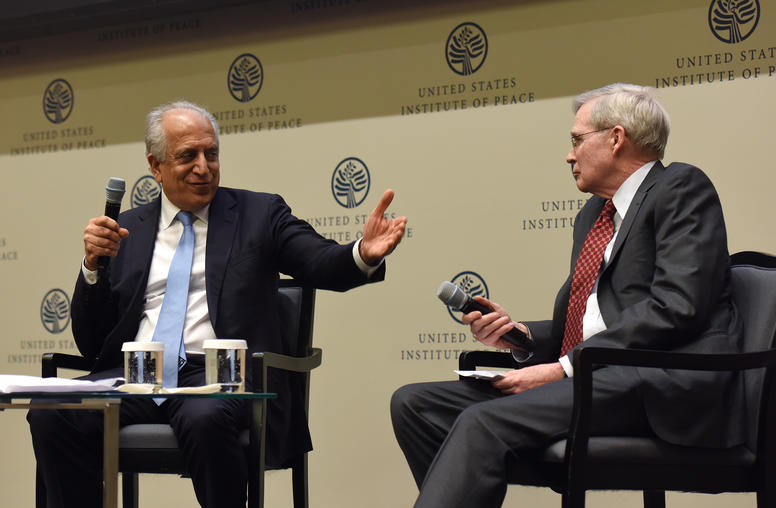
Progress in Taliban Talks, But ‘Long Way to Go’, says U.S. Envoy
Amid a series of positive developments in the Afghan peace process over the last year, a framework for negotiations reached between the U.S. and Taliban has renewed hope that the 17 year-old Afghan conflict could come to a close. Led by Special Representative for Afghanistan Reconciliation Zalmay Khalilzad, the U.S. has agreed in principle to a conditional withdraw of U.S. and allied troops in exchange for the Taliban pledging to not allow Afghanistan to be a safe haven for transnational terrorists, like al-Qaida, as well as agreeing to talks that include the Afghan government and a cease-fire. Despite this progress, “We are in the early stages of a protracted process,” Ambassador Khalilzad said at the U.S. Institute of Peace on February 8. “We have a long way to go.”
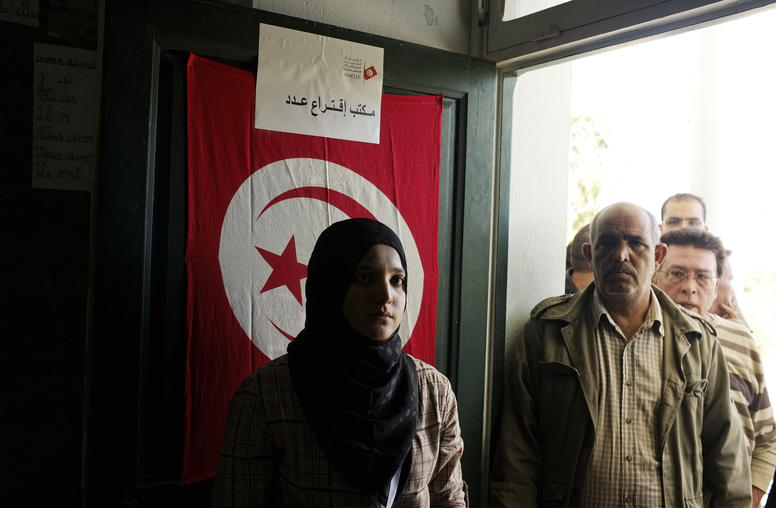
Amid North Africa’s Turmoil, Tunisia’s Steady Transition Moves Forward
From Algeria to Libya to Sudan, North Africa has been roiled by protests and fighting in recent months not seen since the 2011 Arab uprisings. Those uprisings were sparked in Tunisia, which has continued a steady, if uneven, democratic transition in the years since. Despite the challenges posed by this regional turmoil, the small Mediterranean nation must continue to focus on domestic problems, said Tunisia’s defense minister, Abdelkarim Zbidi, this week at the U.S. Institute of Peace. What happens in Tunisia in the years to come will be important for the entire region.
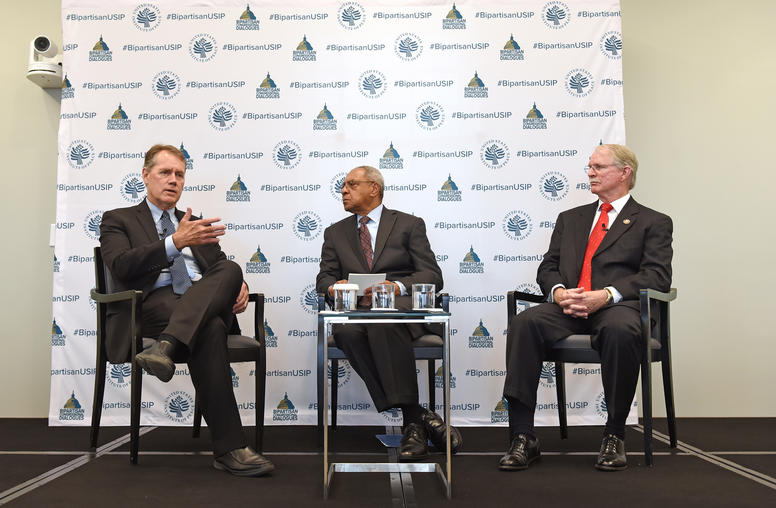
As China Projects Power in the Indo-Pacific, How Should the U.S. Respond?
There is a growing bipartisan consensus in Washington that China’s ascendance is a major strategic concern for U.S. and international security and stability. This is reflected in the 2017 U.S. National Security Strategy, which recalibrates U.S. foreign policy to address the challenges posed to American power and interests from escalating geopolitical competition with China and Russia. After a recent trip to the Indo-Pacific region, Rep. Ed Case (D-HI) and Rep. John Rutherford (R-FL) said they came away alarmed at how China is tightening its grip on U.S. allies across the region. What can the U.S. do to address China’s power projection and coercion in the Indo-Pacific and beyond?
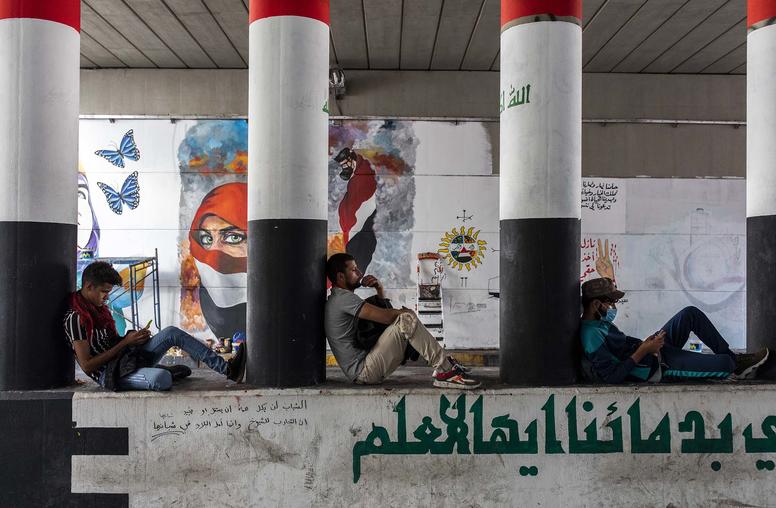
U.S., Iraqi Envoys Call for Continued Partnership 18 Years After Saddam’s Fall
Eighteen years after the overthrow of Saddam Hussein, Iraq is still in the midst of a rocky transition, beset by governance, economic, social and security challenges. With the Biden administration setting its sights on sweeping portfolio of domestic and foreign policy issues, some fear the United States will lose focus on Iraq. But in remarks on Tuesday, the top American diplomat in Baghdad vowed continued American engagement. Ahead of a pivotal year for Iraq, “The United States is resolute in its commitment to supporting [a] stable, sovereign, democratic and prosperous Iraq,” said U.S. Ambassador to Iraq Matthew Tueller.
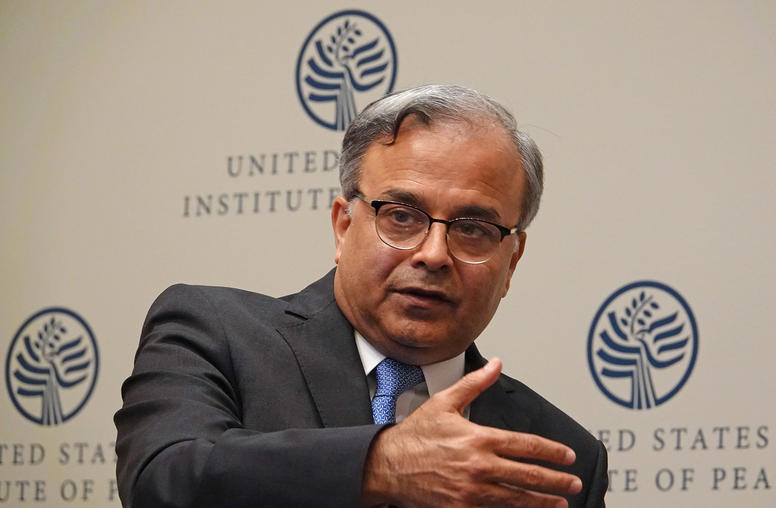
U.S., Pakistan at ‘Convergence’ on Afghanistan, Says Pakistani Envoy
For the last two decades, U.S.-Pakistan relations have been defined by the war in Afghanistan and counterterrorism concerns. With the United States military withdrawal almost complete, the relationship should broaden to focus on other issues important to both countries and the broader South Asia region. The Afghan peace process, however, will continue to be an important component of U.S.-Pakistan relations, said Pakistan’s envoy to the United States on Wednesday. “Afghanistan, for some time, did become [a point of] contention in our relationship. But today, clearly, Afghanistan is a [point of] convergence between Pakistan and United States” as both want to see peace and stability, said Ambassador Asad Majeed Khan.
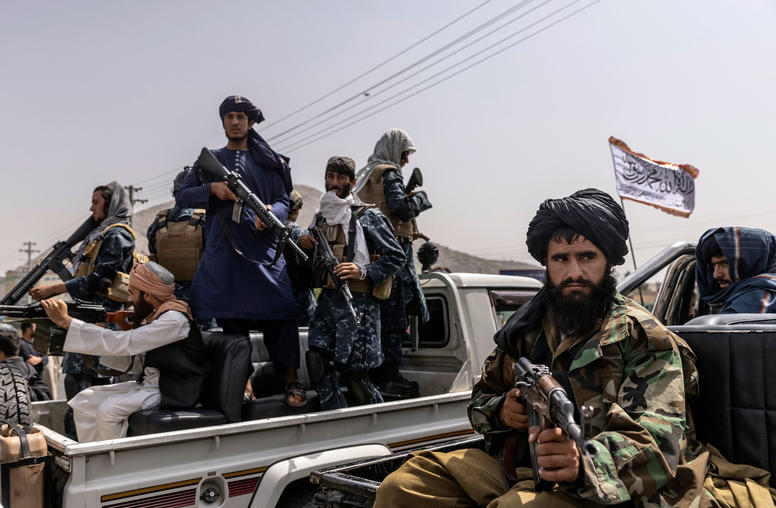
Winter is coming in Afghanistan. Are the Taliban ready?
Nearly three months after the Taliban’s rapid takeover, Afghanistan is descending toward one of the world’s worst humanitarian crises with an economy in freefall. As the harsh winter season looms, aid agencies have warned that over half the country’s population — a staggering 22.8 million people — will face acute food insecurity, including 3.2 million children under five. Now in power, the Taliban’s failure to deliver basic services is exacerbating this dire humanitarian situation. But immediate relief is a distant prospect as the Taliban deliberate on how to govern the country and the international community mulls over how to engage and pressure the fledgling government.
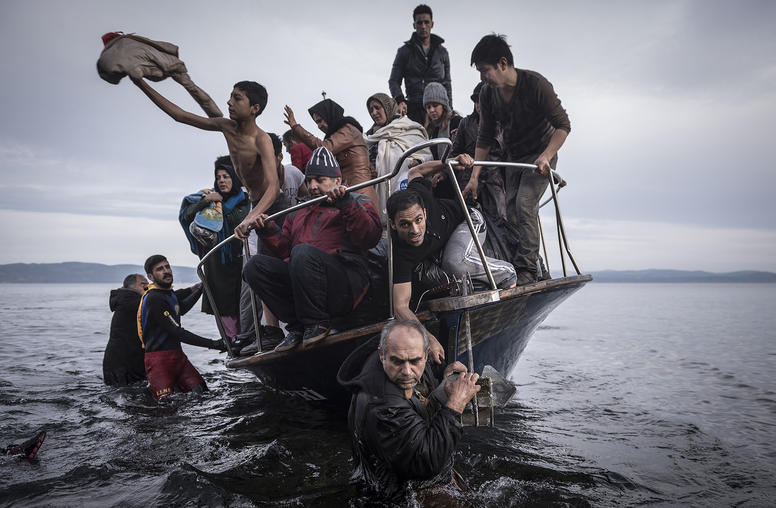
A Rapidly Changing World Requires Renewed International Cooperation
Emerging from the economic havoc of the Great Depression and the violence of World War II, the United States found itself at a hinge of history moment. American leaders like President Harry Truman and Secretary of State Dean Acheson believed that the United States should not only change the way it engaged with the world but assert itself to shape and lead it into a new era of international cooperation. Today, amid a global pandemic, the world faces a similar moment, with massive technological, demographic, environmental, and geopolitical shifts redefining the global order, said former Secretary of State George Shultz. “They [American leaders after World War II] said what we could say now … we are part of this world, whether we like it or not. And they set out to try to make something different.”
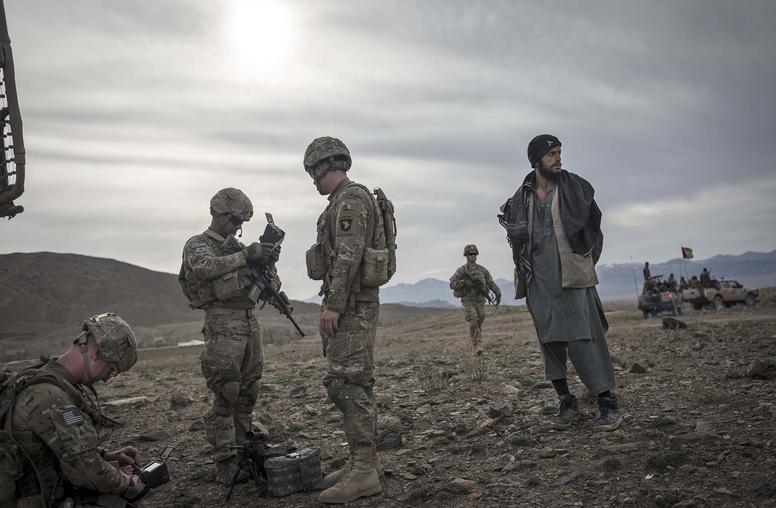
Afghanistan Withdrawal Should Be Based on Progress on Peace, Study Group Says
The Biden administration should commit to the Afghan peace process but seek an extension of the May troop withdrawal deadline stipulated in the February 2020 U.S.-Taliban deal, said the bipartisan Afg
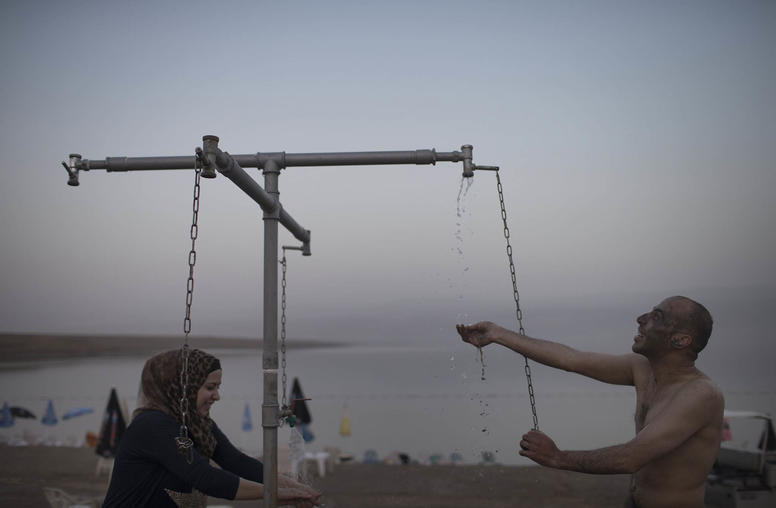
Water Can Be a Rare Win-Win for Israelis, Palestinians and the Region
From Israel’s turbulent electoral politics and Palestinian political dysfunction to the cycle of intercommunal violence in the West Bank and the humanitarian catastrophe in Gaza, it’s rare for much good news to come out of the Israeli-Palestinian context these days. But this June, a hopeful story emerged from the impoverished Gaza Strip when its Mediterranean beaches were deemed safe for swimming for the first time in decades.